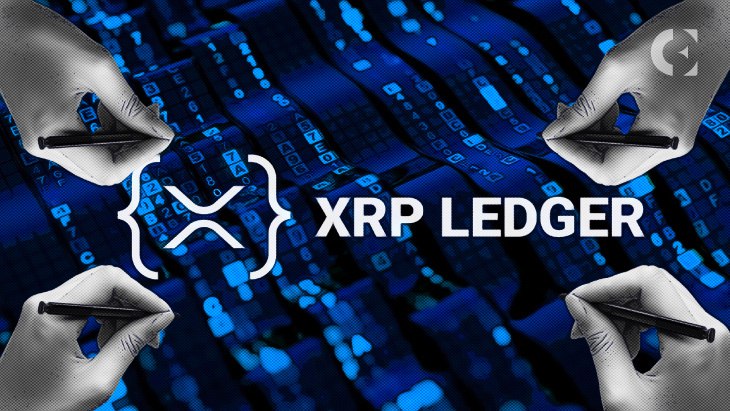- Ripple recently secured a partnership with HSBC, a major global bank.
- Metaco’s CEO stressed the indirect correlation between Ripple’s success and XRPL’s.
- HSBC’s decision to partner with Ripple is not solely tied to Ripple’s acquisition of Metaco.
Ripple has recently established a partnership with HSBC, one of the world’s largest banks. Many perceive this collaboration as a significant stride toward the wider adoption of Ripple’s XRP Ledger (XRPL) and its associated cryptocurrency, XRP.
Contrary to speculations linking HSBC’s decision to Ripple’s recent acquisition of Metaco, the Swiss custody firm, it has been revealed that Metaco actively pursued the bank for over 18 months.
Adrien Treccani, CEO of Metaco, emphasized the indirect correlation between Ripple protocols and the firm’s banking clientele. He noted that Ripple’s success as a company inevitably contributes to the success of the XRPL. Ripple has strategically focused on cultivating relationships with banks, particularly in areas like cross-border payments. XRPL serves as a longstanding example of a private tokenization blockchain designed for both public and private use.
Treccani highlighted its scalability compared to competitors, emphasizing its native support for tokenized assets and on-chain trading capabilities.
The collaboration between Metaco and Ripple is presented as a comprehensive solution, offering a complete vertical stack that includes infrastructure and service layers. Treccani explained that this holistic approach enables the provision of infrastructure, tokenization life cycle, payment primitives, and liquidity management from a single vendor.
Despite the positive trajectory, rumors circulated about nervousness among Metaco’s banking clients post-acquisition, with some potentially considering alternative options. The CEO dismissed these speculations as “a little bit crazy” and attributed client discussions and reassessments to the normal course of business.
He acknowledged clarifying the situation with banks and foresees announcing more tier-one bank partnerships in Europe, the U.S., APAC, and Africa. Furthermore, Treccani underscored the importance of building for tokenization now, aligning with the growing interest among banks to eventually offer cryptocurrency-related services.
Disclaimer: The information presented in this article is for informational and educational purposes only. The article does not constitute financial advice or advice of any kind. Coin Edition is not responsible for any losses incurred as a result of the utilization of content, products, or services mentioned. Readers are advised to exercise caution before taking any action related to the company.







